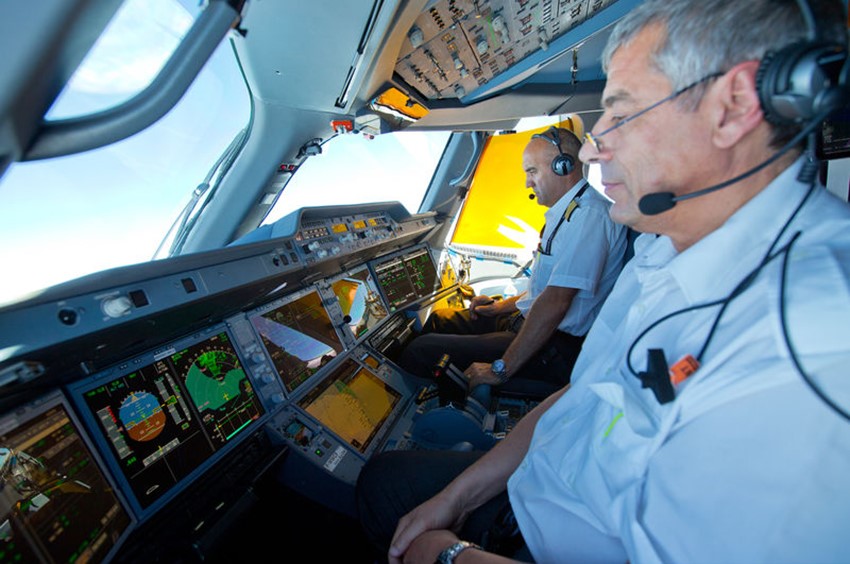What U.S. pilots need to know before flying to Europe – Europe is always a busy destination, and this escalates during the summer months. Events such as F1 and Oktoberfest greatly contribute to the extra demand for slots and parking. It’s reported that business jet activity in France rose 17% year-on-year for the week ending July 28 – undoubtedly thanks to the Olympic Games. And because each country’s operational regulations differ, it can make planning missions to Europe especially demanding. Here’s a rundown of what U.S. pilots should keep in mind.
Landing permits
Landing permits in many western European cities require EASA TCO and a slot and part 91 and part 135 are differentiated (Part 91s will levy VAT and MOT). Non-scheduled operations require landing permits, but this doesn’t apply to private flights at European stations.
Parking
The availability of parking also changes from station to station in Europe, and seasonally too. For instance, Italy and Greece both experience parking shortages during the summer season because of restrictions that are already in place. Repositioning flights is a valid option when parking is running low.
Ground handling
It is recommended that operators apply for their service requests as much in advance as possible, and at least 15 days ahead of their trip. Another thing to consider is the possibility of fuel shortages or ATC strikes.
Regulations
The UK GAR (General Aviation Report) which must be submitted via an approved online platform – the free-to-use sGAR service or other paid subscription services such as SkyDemon. Responsibility to check the travel documents of all passengers and crew on board lies with the Pilot in Command of the aircraft.
Advanced Passenger Information (API) is also required for some European countries including Ireland, Poland, and Turkey. Though the interface for each country will vary, the basic information required remains consistent: full name, date of birth, passport number, county of issue, and expiry date, nationality, and gender.
European Travel Information and Authorization System (ETIAS) is a system due to launch this year that will require travelers from visa-exempt countries, including the United States, to obtain pre-travel authorization before entering the Schengen Area.
Because each country in Europe differs in terms of landing permit requirements, slots, cabotage, lead notice periods, and customs regulations, it is advisable to consult a trusted trip support provider that is well-versed in European operations and has ground presence there.
For support with your flight operations from the U.S. to Europe, contact UAS Americas
For more global operational updates, visit UAS Blog





